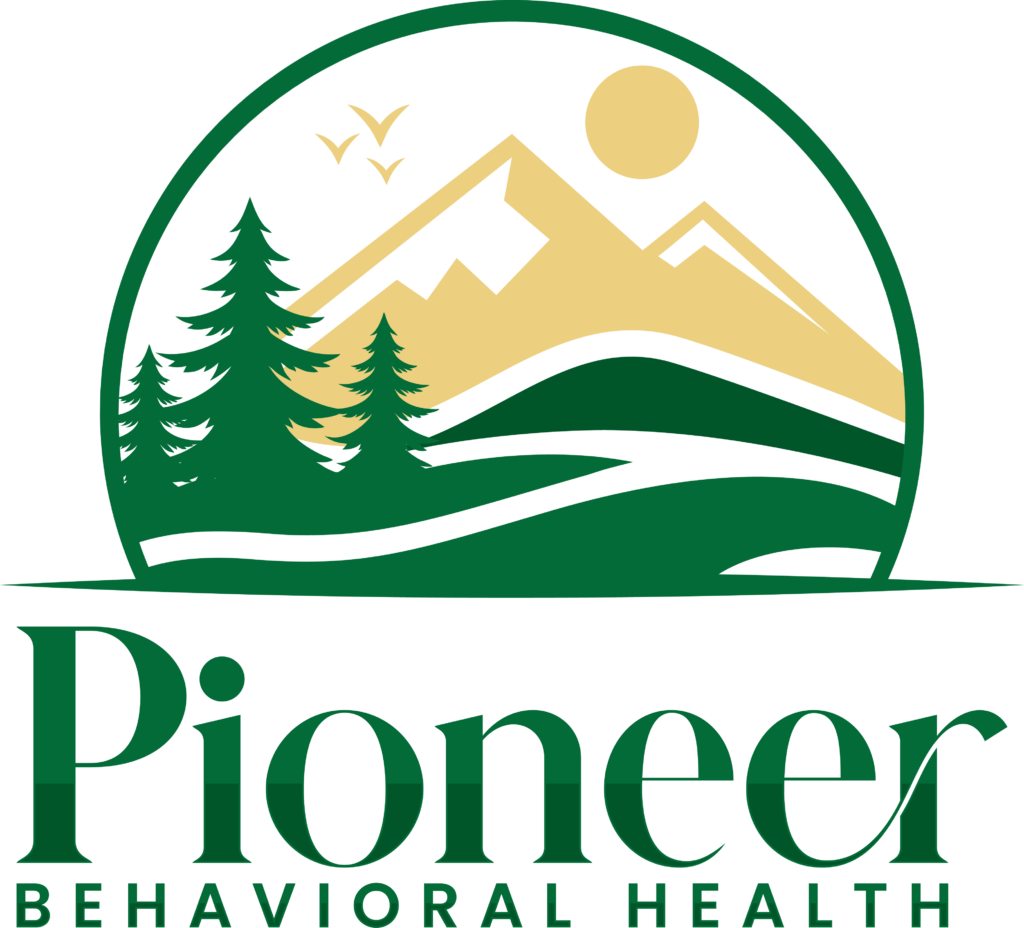Post-Traumatic Stress Disorder (PTSD) is a debilitating mental health condition that can arise after experiencing or witnessing a traumatic event. Individuals with PTSD often grapple with persistent memories, flashbacks, severe anxiety, and uncontrollable thoughts about the incident. Managing PTSD effectively requires a comprehensive, individualized approach that addresses both the psychological and physiological aspects of the disorder. Pioneer Behavioral Health in Western Massachusetts stands at the forefront of PTSD treatment, offering a range of evidence-based strategies tailored to help individuals reclaim their lives and achieve lasting healing. In this blog, we will explore the top strategies Pioneer Behavioral Health employs to manage PTSD, highlighting their commitment to compassionate and effective care.
Understanding PTSD
Before delving into the strategies, it’s essential to understand what PTSD entails:
- Symptoms: PTSD symptoms are generally categorized into four groups: intrusive memories (flashbacks, nightmares), avoidance (steering clear of reminders of the trauma), negative changes in thinking and mood (feelings of hopelessness, memory issues), and changes in physical and emotional reactions (being easily startled, irritability).
- Causes: PTSD can result from various traumatic events, including combat exposure, natural disasters, accidents, physical or sexual assault, and other life-threatening situations.
- Impact: Left untreated, PTSD can significantly impair an individual’s ability to function in daily life, affecting relationships, work, and overall quality of life.
Pioneer Behavioral Health: A Leader in PTSD Management
Pioneer Behavioral Health is dedicated to providing comprehensive mental health services in Western Massachusetts. With a team of experienced professionals and a commitment to utilizing the latest evidence-based treatments, Pioneer offers a supportive environment for individuals struggling with PTSD. Their holistic approach ensures that each client receives personalized care tailored to their unique needs and circumstances.
Top Strategies for Managing PTSD at Pioneer Behavioral Health
1. Cognitive Behavioral Therapy (CBT)
Cognitive Behavioral Therapy (CBT) is a cornerstone of PTSD treatment at Pioneer Behavioral Health. CBT helps individuals identify and challenge distorted thought patterns and beliefs related to their trauma. By restructuring these thoughts, clients can reduce the emotional impact of traumatic memories and develop healthier coping mechanisms.
- Exposure Therapy: A component of CBT, exposure therapy gradually and safely exposes individuals to trauma-related memories and situations, helping them confront and diminish their fear responses.
- Cognitive Restructuring: This technique involves altering negative thought patterns to foster a more balanced and realistic perspective, reducing symptoms of anxiety and depression associated with PTSD.
2. Eye Movement Desensitization and Reprocessing (EMDR)
Eye Movement Desensitization and Reprocessing (EMDR) is an innovative therapy used to alleviate distress associated with traumatic memories. EMDR involves guided eye movements or other forms of bilateral stimulation while the individual recalls traumatic events. This process helps the brain reprocess the traumatic information, reducing its emotional charge and altering negative beliefs related to the trauma.
- Effectiveness: EMDR has been extensively researched and is recognized as an effective treatment for PTSD, often leading to significant symptom reduction in a relatively short period.
3. Medication Management
Medications can play a crucial role in managing PTSD symptoms, particularly when combined with therapy. Pioneer Behavioral Health offers comprehensive medication management services to ensure clients receive the most appropriate pharmacological treatments.
- Antidepressants: Selective serotonin reuptake inhibitors (SSRIs) like sertraline (Zoloft) and paroxetine (Paxil) are commonly prescribed to help alleviate depression and anxiety symptoms.
- Anti-Anxiety Medications: Benzodiazepines may be used on a short-term basis to manage severe anxiety, though they are generally prescribed cautiously due to the risk of dependency.
- Psychoeducation: Clients receive education about their medications, including potential benefits, side effects, and strategies for adherence, ensuring informed and collaborative treatment planning.
4. Trauma-Informed Care
Trauma-Informed Care is a foundational principle at Pioneer Behavioral Health. This approach recognizes the widespread impact of trauma and integrates an understanding of trauma into all aspects of service delivery.
- Safe Environment: Creating a safe and supportive environment where clients feel respected and empowered is paramount.
- Empowerment and Choice: Clients are encouraged to take an active role in their treatment, fostering a sense of control and autonomy.
- Sensitivity to Triggers: Therapists are trained to recognize and respond to trauma triggers, minimizing the risk of retraumatization and promoting healing.
5. Group Therapy and Support Groups
Group Therapy provides a unique space for individuals with PTSD to share their experiences, receive mutual support, and learn from one another. Pioneer Behavioral Health facilitates both therapy-based groups and informal support groups tailored to the needs of their clients.
- Peer Support: Connecting with others who have similar experiences can reduce feelings of isolation and foster a sense of community.
- Skill-Building: Group settings offer opportunities to practice social skills, enhance communication, and develop coping strategies collectively.
6. Mindfulness and Stress Reduction Techniques
Incorporating Mindfulness and Stress Reduction Techniques into PTSD treatment helps individuals manage anxiety and improve emotional regulation.
- Mindfulness Meditation: Practices such as guided meditation and breathing exercises enhance present-moment awareness, reducing rumination and intrusive thoughts.
- Yoga and Relaxation: Physical activities like yoga promote relaxation, improve body awareness, and help release tension stored in the body.
7. Family Therapy and Support
PTSD not only affects individuals but also impacts their families and relationships. Family Therapy at Pioneer Behavioral Health involves loved ones in the healing process, fostering understanding and strengthening support systems.
- Education for Families: Providing families with information about PTSD helps them better support their loved ones and recognize signs of distress.
- Improving Communication: Therapy sessions focus on enhancing communication skills, resolving conflicts, and rebuilding trust within the family unit.
8. Holistic and Complementary Therapies
Pioneer Behavioral Health embraces a holistic approach, integrating complementary therapies to address the physical, emotional, and spiritual dimensions of PTSD.
- Art and Music Therapy: Creative therapies offer alternative avenues for expressing emotions and processing trauma in a non-verbal manner.
- Nutritional Counseling: Proper nutrition supports overall mental health and well-being, aiding in the recovery process.
- Acupuncture and Massage Therapy: These modalities can help alleviate physical tension and promote relaxation, complementing traditional therapeutic interventions.
Why Choose Pioneer Behavioral Health for PTSD Management?
Pioneer Behavioral Health stands out as a premier provider of PTSD treatment in Western Massachusetts for several reasons:
- Experienced Professionals: Their team comprises licensed therapists, psychiatrists, and support staff with specialized training in trauma and PTSD.
- Comprehensive Care: Pioneer offers a full spectrum of services, ensuring that all aspects of a client’s well-being are addressed.
- Personalized Treatment Plans: Each client’s unique experiences and needs are considered, resulting in tailored treatment strategies that enhance effectiveness.
- Supportive Environment: A commitment to creating a safe, respectful, and empowering atmosphere fosters trust and facilitates healing.
- Community Engagement: Pioneer actively collaborates with local organizations and resources, extending support beyond the clinical setting.
How to Begin Your Healing Journey with Pioneer Behavioral Health
Embarking on the path to managing PTSD can be daunting, but with the right support and strategies, recovery is attainable. Pioneer Behavioral Health is dedicated to guiding you every step of the way, offering compassionate care and evidence-based treatments designed to help you overcome PTSD and lead a fulfilling life.


